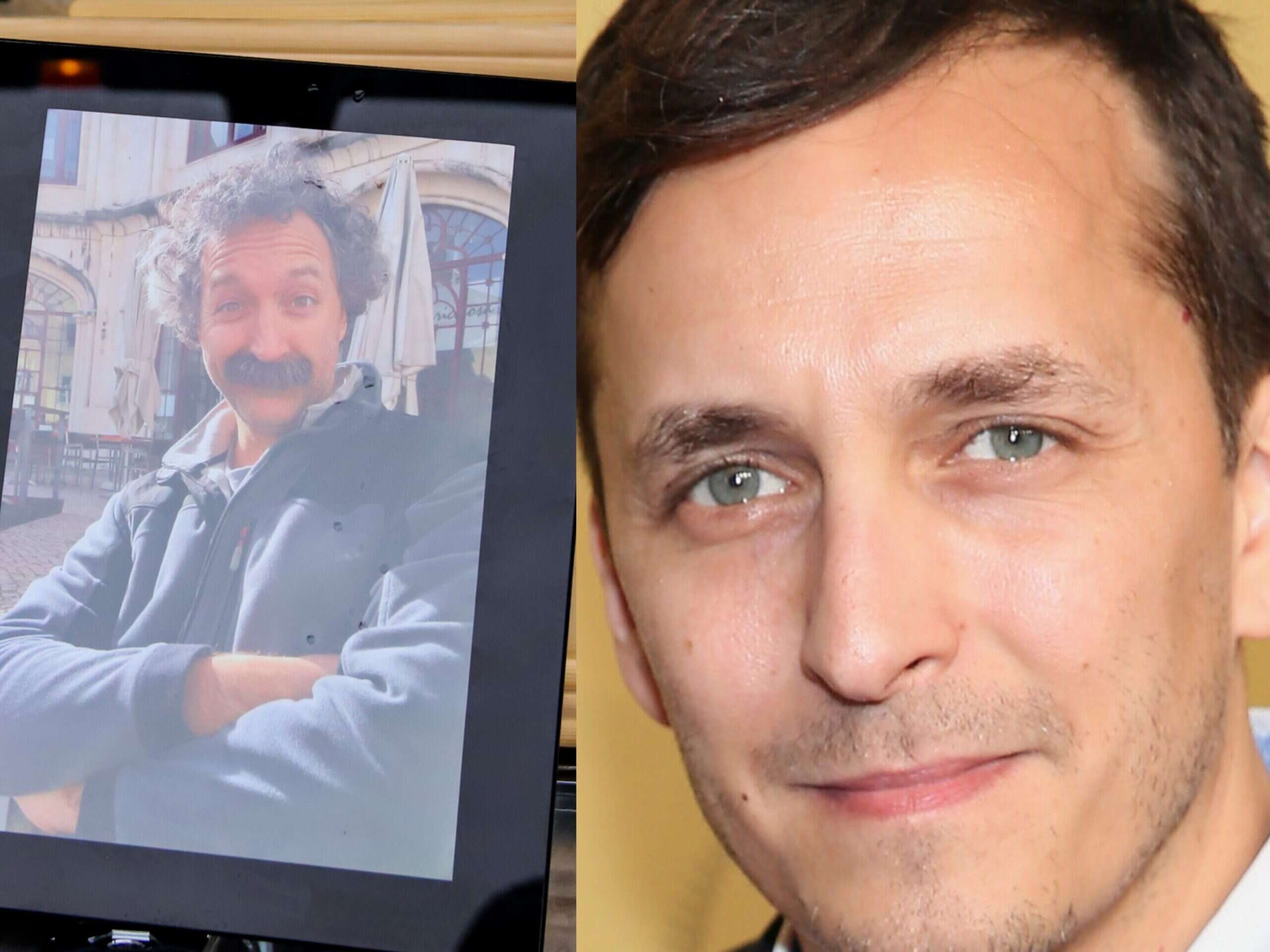
Russian soldiers are deliberately targeting and attacking journalists reporting on the invasion of Ukraine, several press freedom charities have warned.
Recent incidents have led to fears the war is “one of the most dangerous conflicts that international journalists have covered in a very long time”.
Reporters Without Borders (RSF), the International News Safety Institute (INSI) and the European Federation of Journalists (EFJ) all said that the actions of Russian armed forces in Ukraine could be counted as targeted violence against journalists.
Several pointed to the treatment of Ukrainian journalists in particular, who have allegedly faced kidnapping, arbitrary arrest and even torture at the hands of Russian soldiers, with two groups saying the actions should be seen as war crimes.
Five journalists have been killed covering the war in Ukraine since it began on 24 February, at least seven have been kidnapped, had family kidnapped or been arbitrarily arrested by Russian forces, and eight journalists or media crews have been deliberately fired on by Russian soldiers, according to RSF.
The group said it has filed three separate complaints to the International Criminal Court.
The most recent, filed on 25 March, related to the arrest, nine-day detention and torture of a Ukrainian fixer, who was working for Radio France when he was seized on 5 March.
The 32-year-old fixer, whose name has been withheld, was reportedly subjected to electrocution, torture with a knife, repeated beatings with rifle butts and steel bars, food deprivation for two days and a mock execution.
RSF corroborated his testimony through interviews with fellow prisoners, family members and medical examination of his injuries.
Oleg Baturin, a Ukrainian journalist reporting for the Novy Den newspaper, also reported being tortured while being detained for eight days by Russian forces.
Jeanne Cavelier, the head of RSF’s Eastern Europe and Central Asia desk, said: “We are very concerned by the deliberate targeting of journalists on the ground, which is a war crime.
“We are gathering testimonies as we go along, in more detail than we can do publicly in our press releases mainly for security reasons, and we have already filed three complaints to the ICC.”
RSF’s first complaint to the ICC related to 11 Russian military strikes against TV towers recorded across Ukraine since the war began.
Separately, Russian soldiers reportedly stormed a TV tower that houses local media in the city of Berdiansk, allegedly taking roughly 50 journalists hostage and pressuring them to cooperate with Russia.
INSI director Elena Cosentino said: “The numerous and horrific incidents that have happened appear to show, in my opinion, that having a press badge doesn’t protect you… We are hearing from our members who are saying it is definitely one of the most dangerous conflicts that international journalists have covered in a very long time.
“While for us, there’s no absolute evidence at this stage that international journalists are being specifically targeted by Russia, with Ukrainian journalists it’s a completely different story.
“I’ve seen reports of journalists disappearing, being detained, and in some cases being very badly treated, in one case, there was a report of a journalist even being tortured.”
Ukrainian TV news cameraman Evgeny Sakun was the first journalist killed during the conflict after a Russian attack on the Kyiv TV tower on 1 March. US filmmaker Brent Renaud (pictured above, right) was shot and killed on 13 March while reporting from the outskirts of Kyiv.
Fox News cameraman Pierre Zakrzewski (pictured above, left) and Ukrainian journalist Oleksandra Kuvshinova were killed by Russian artillery shelling in the Kyiv region the day after Renaud’s death. Russian investigative journalist Oksana Baulina was killed during a rocket bombardment of Kyiv on 23 March.
After Baulina’s death, EFJ general secretary Ricardo Gutiérrez said: “Some journalists are deliberately targeted with the clear intention of intimidating the entire profession, which constitutes a war crime. Others are shot at in residential areas with multiple civilian casualties… These crimes cannot go unpunished.”
Pictures L-R: PA Wire/Damien Storan and Jemal Countess/Getty Images for Peabody Awards
Email pged@pressgazette.co.uk to point out mistakes, provide story tips or send in a letter for publication on our "Letters Page" blog
